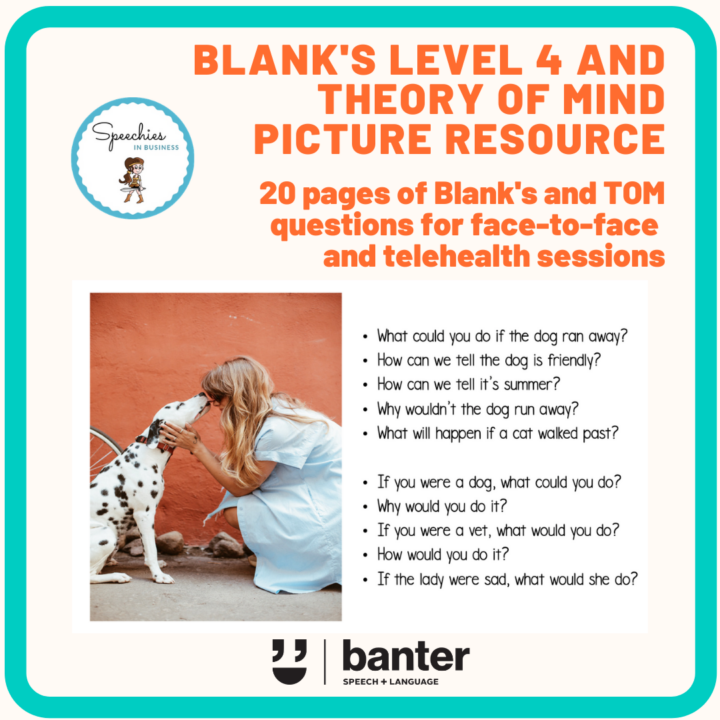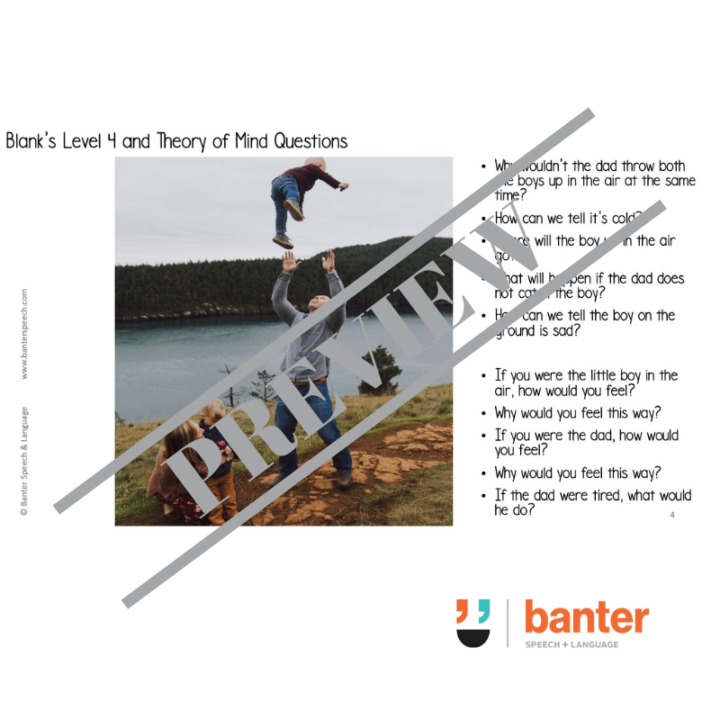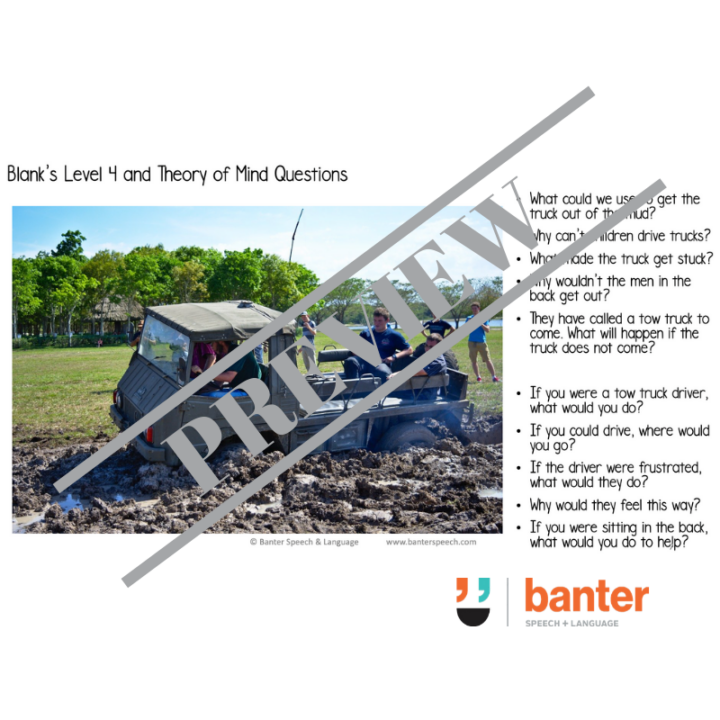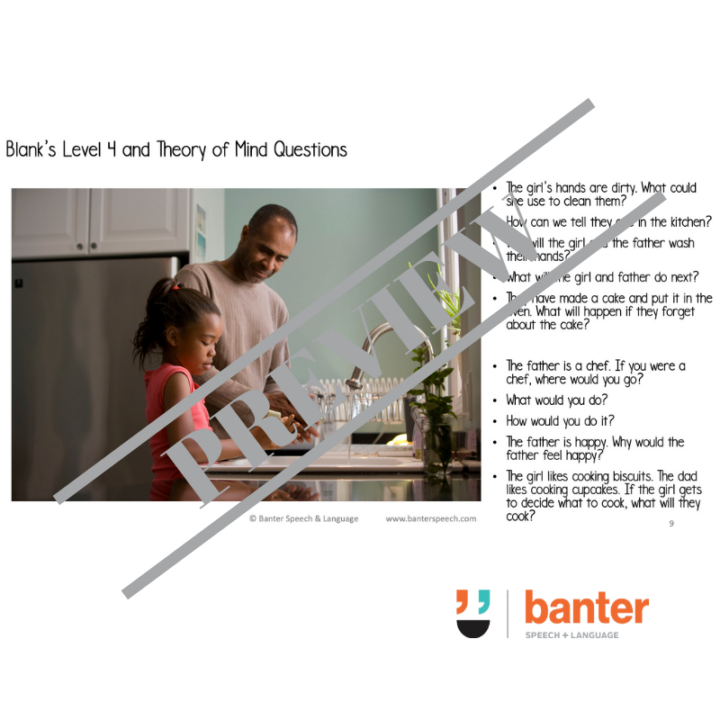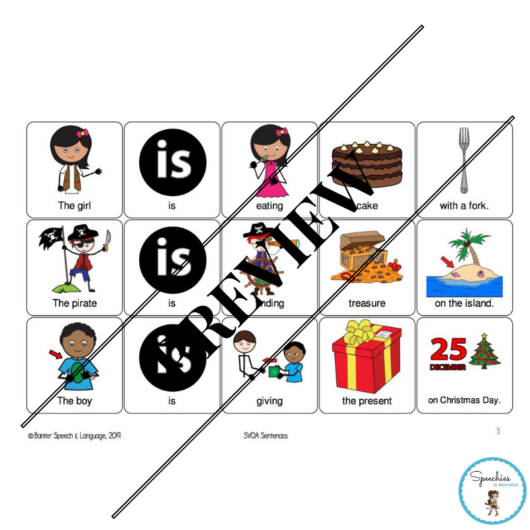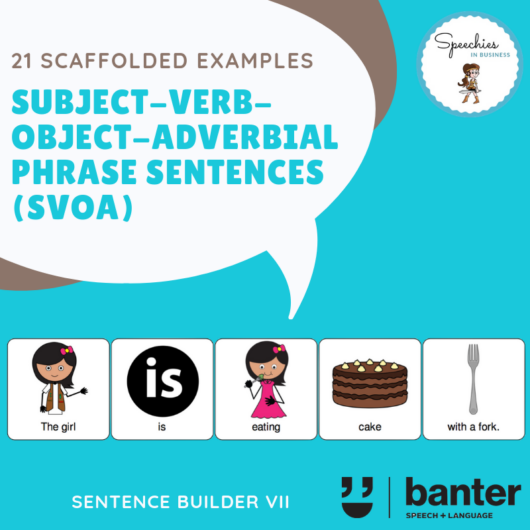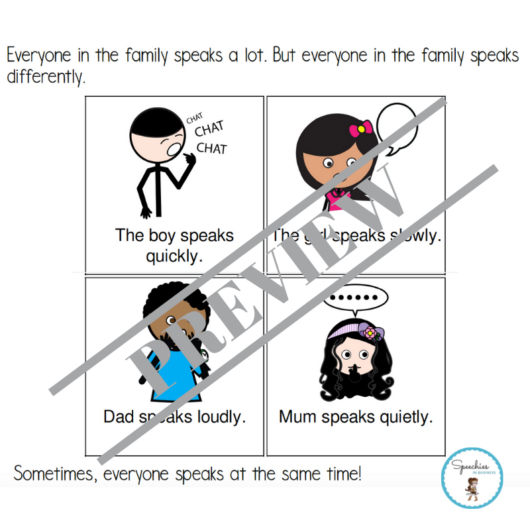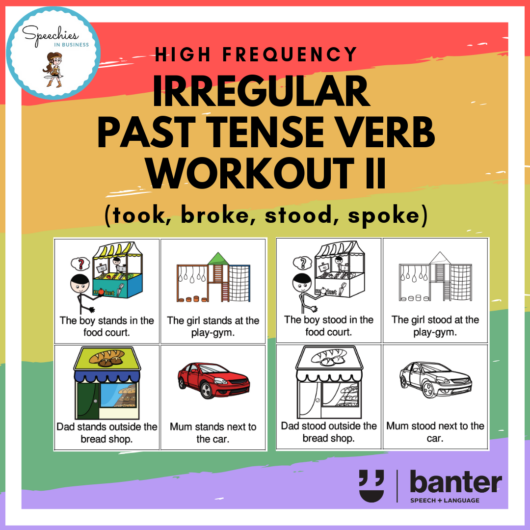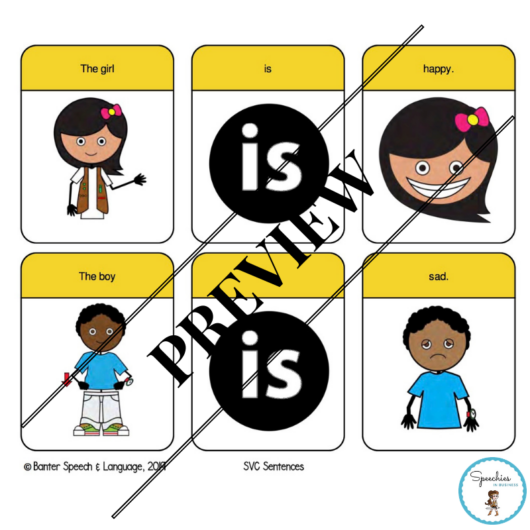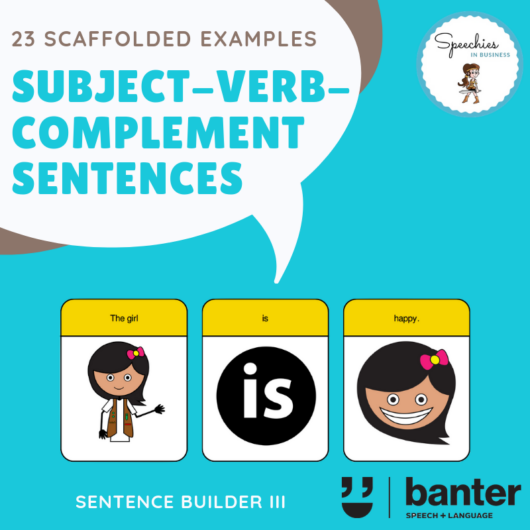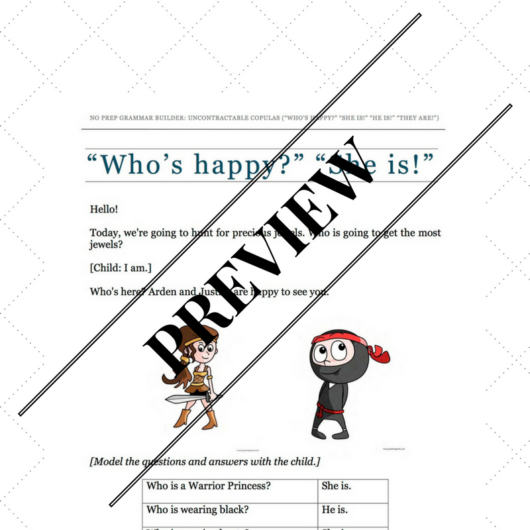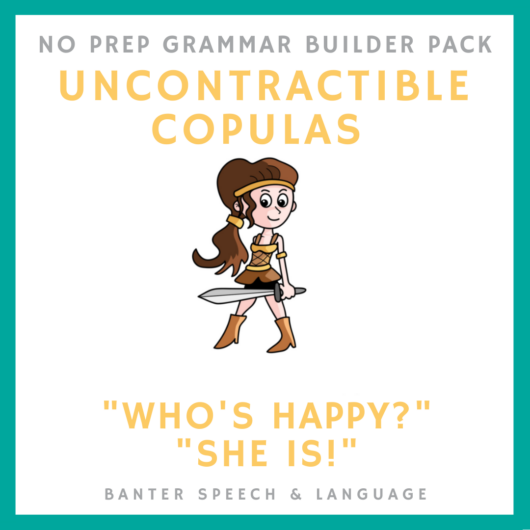Description
Some children have difficulties understanding others’ feelings and perspectives. They may have trouble fitting in and making friends, e.g. in the classroom, the school playground, at birthday parties, in team sports, and in other social situations.
To understand that other people have their own thoughts, wants, motives and feelings is also called having a “Theory of Mind” (ToM). Janet Wilde Astington defines Theory of Mind as “…our understanding of people as mental beings, each with his or her own mental states”.
The typical developmental milestones are as follows:
- Joint attention and imitation: before 12 months of age.
- Wanting and Thinking (First Order ToM): between 4-5 years of age, children develop the ability to think about what someone else is thinking or feeling.
- Seeing leads to knowing (Second Order ToM): by around 7 years of age, children start to think about what others are thinking or feeling about what someone else is thinking or feeling.
- Hidden feelings and false beliefs (Higher Order ToM): between around 8 and 12 years of age, children start to recognise others’ lies, sarcasm, figurative language, idioms and “multiple embeddings”, e.g. “He thinks that she hopes that she believes they love the gift”.
ToM gaps are most associated with young children and with people with autism spectrum disorder (ASD). But other people have ToM gaps, too e.g. some people with developmental language disorders, social language disorders, ADHD and behaviour problems.
As children are developing their theory of mind, we also want them to be able to answer abstract questions. For example, we want students to be able to answer questions about what may, might or could happen in different situations, and to answer “why” questions. Many students need lots of practice to learn how to do this.
This 24-page, no-prep resource is designed to help students:
- develop their Theory of Mind; and
- answer abstract questions at Blank’s Fourth Level of Questioning (for more information about Blank’s Levels of questioning, see here).
Each picture depicts at least two people or characters reacting differently to a situation, and includes questions designed to help students understand that different people like different things; and that people think about what other people are thinking. For each picture, we have also added some abstract questions at Blank’s Fourth Level of Questioning. This allows us to work on theory of mind and verbal reasoning at the same time.
We have hope you find this resource helpful.
More information and resources:
For free, evidence-based information and resources about:
- Theory of Mind, check out this article here; and
- Blank’s Levels of Questioning, check out this article here.
For other Blanks 4 and Theory of Mind resources, see:
- Blanks 4 Resources;
- We are all different, and like different things. That’s OK! (first order ToM language resource); and
- How does she think he is feeling? (second order ToM social picture resource).
